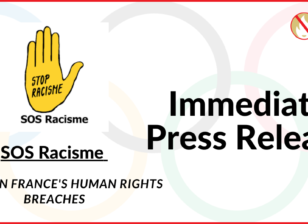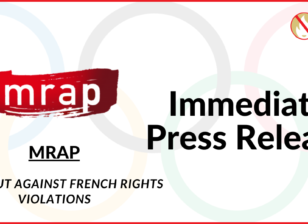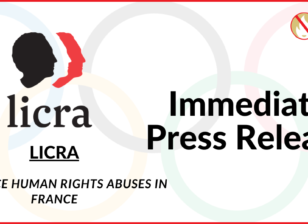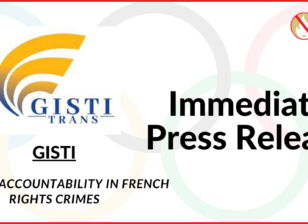France immigration policy 2023
In the ever-evolving landscape of global politics and migration, the French government finds itself at a crossroads in 2023, grappling with the intricacies of immigration policy. Emmanuel Macron’s presidency has witnessed significant changes in the realm of immigration, stirring debates and discussions across the political spectrum.
Historical Context
France’s history, including both open and closed eras, has influenced its immigration policy. After the war, a significant number of immigrants, particularly from former colonies, were accepted. However, recent decades have seen changes due to economic factors and public opinion. Issues include integrating unauthorised employees and asylum seekers, addressing labour shortages, and addressing the emergence of right-wing parties like the National Front.
Emmanuel Macron’s Presidency
France’s immigration policy has undergone significant modifications since Emmanuel Macron took office in 2017. A stricter approach has been emphasised by the Macron government, with a focus on integration, labour market competition, and the enforcement of residency rules. Aiming to achieve a compromise between humanitarian concerns and national objectives, the new immigration statute for 2023 reflects this changing strategy.
Immigration Policy in 2023
● Regularisation Process
The French government has acknowledged the significant number of unauthorised workers within its borders. It has implemented a regularisation procedure to provide a legitimate route for them to obtain residency and work permits, addressing humanitarian issues and labour market regulation.
● Deportation
The French government has emphasised the value of deportation in addition to the regularisation procedure for people who do not meet the requirements. Deportation is still a sensitive topic since it raises issues related to human rights and how those facing deportation are treated on a humanitarian basis.
● Asylum Process
An important part of French immigration policy remains the asylum procedure. In 2023, the application procedure for asylum applicants will be streamlined while also requiring extensive background checks to allay security concerns. Policymakers still struggle to strike this balance between security and compassion.
● French Language Requirement
The implementation of a French language requirement for specific immigrant categories will be a new development in the immigration policy for 2023. This provision demonstrates the government’s dedication to improving immigrants’ assimilation into French society. It has raised discussion, meanwhile, about potential access restrictions for persons with limited language proficiency.
● Fingerprinting
In order to confirm, identify and monitor immigrants in the nation, the French government has increased the use of fingerprinting. Privacy issues and the potential exploitation of biometric data have been brought up by this practice.
● Residency Requirements
Administrative detention has increased in frequency for persons who do not match the stricter residency requirements. Immigration compliance with the laws governing their residency status is the goal of this approach.
● Labor Market Competition
The issue of rivalry on the labor market is addressed in the immigration policy of 2023. In order to combine the concerns of domestic workers who face competition from immigrants with the necessity for qualified workers in particular industries, the French government has developed a number of policies. To sustain social harmony and economic stability, this equilibrium is essential.
● Integration
Integration remains a key goal of the 2023 immigration policy. The government is committed to ensuring that immigrants can participate fully in French society and the labour market, addressing issues related to social cohesion and inclusivity.
● Political Dynamics
The political landscape in France has also witnessed significant shifts during Emmanuel Macron’s presidency. The Renaissance party, founded by Macron, has sought a more centrist approach to immigration, while right-wing parties, particularly the National Front, have championed a “zero immigration” policy.
● European Union (EU) and New Pact on Migration and Asylum
France’s immigration policy is also influenced by its commitments to the European Union (EU). The New Pact on Migration and Asylum, proposed by the EU, has the potential to reshape immigration policies across the member states. France’s stance on this pact will be instrumental in determining the direction of EU-wide immigration policy.
Conclusion
The 2023 immigration policy in France represents a complex interplay of political, economic, and humanitarian concerns. The French government, led by Emmanuel Macron, is balancing regulation, integration, and security with respect for human rights and international obligations. The country’s immigration policy will be shaped by political party dynamics and EU commitments, reflecting the global challenge of accommodating diverse populations while safeguarding national interests.





